Elliot Page felt a ‘dramatic shift’ in himself filming Close To You: ‘It meant the world to me’
Exclusive: "Pre-transition being able to work in this way wouldn't have been possible," Elliot Page has told Attitude
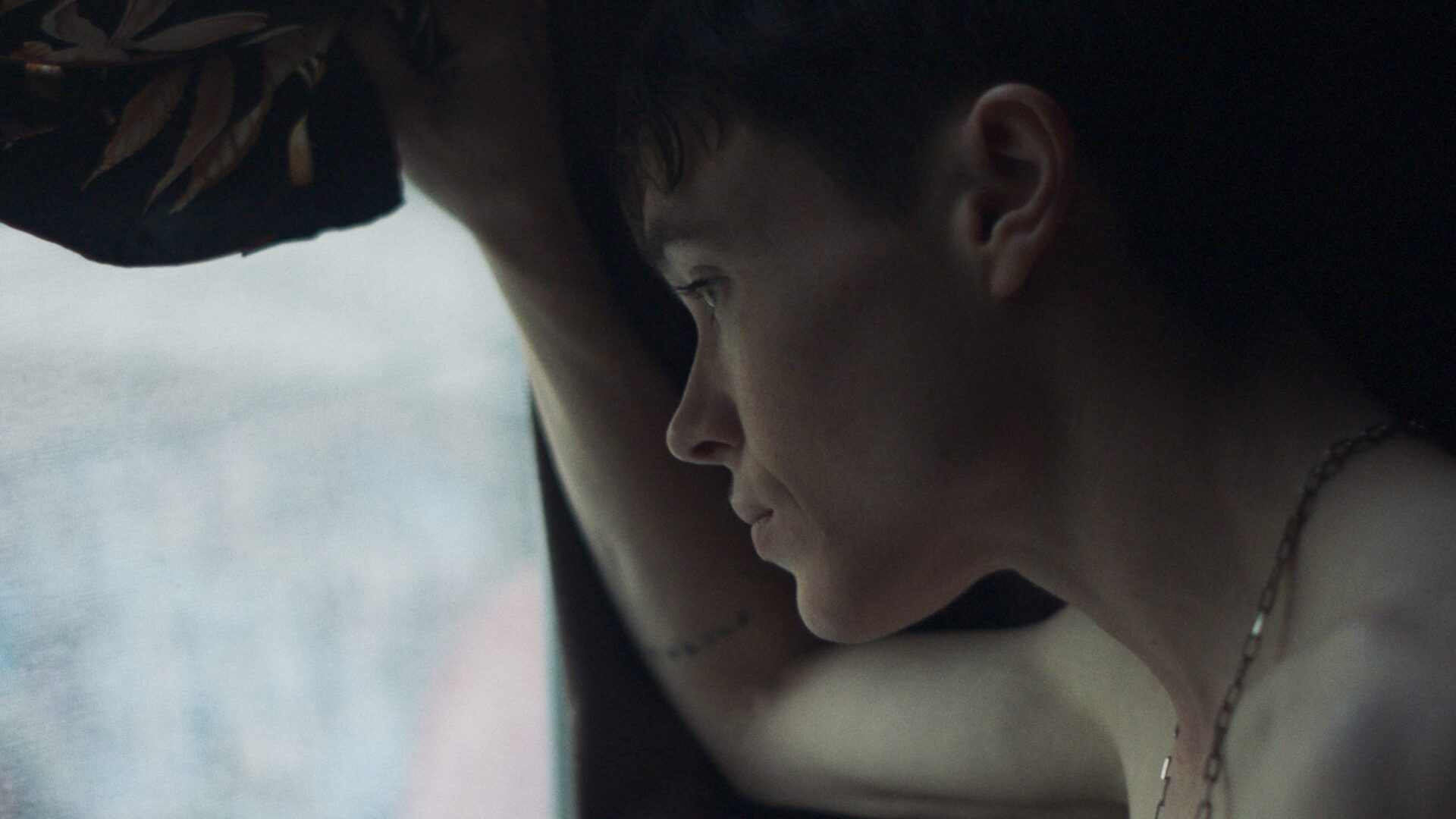
Elliot Page has said he sensed a “dramatic shift” in himself while filming Close To You, which “meant the world.”
Close To You will have its European Premiere at the BFI Flare LGBTQIA+ Film Festival on Thursday (14 March). The award-winning actor, writer, director, and producer will also take part in a Screen Talk about his career and Close To You on Friday (15 March).
In the film, Elliot plays Sam, a trans man who goes home from Toronto for the first time in four years and since transitioning for a family occasion. “On his journey, Sam has a chance encounter with a close friend from high school, Katherine (Hillary Baack) with whom he had lost touch, a moment that sparks old feelings,” the film’s synopsis continues. “It is on this trip home where Sam can finally confront long-buried feelings, a first love that was never properly resolved, his relationship with his family, and a newfound love and confidence in himself.”
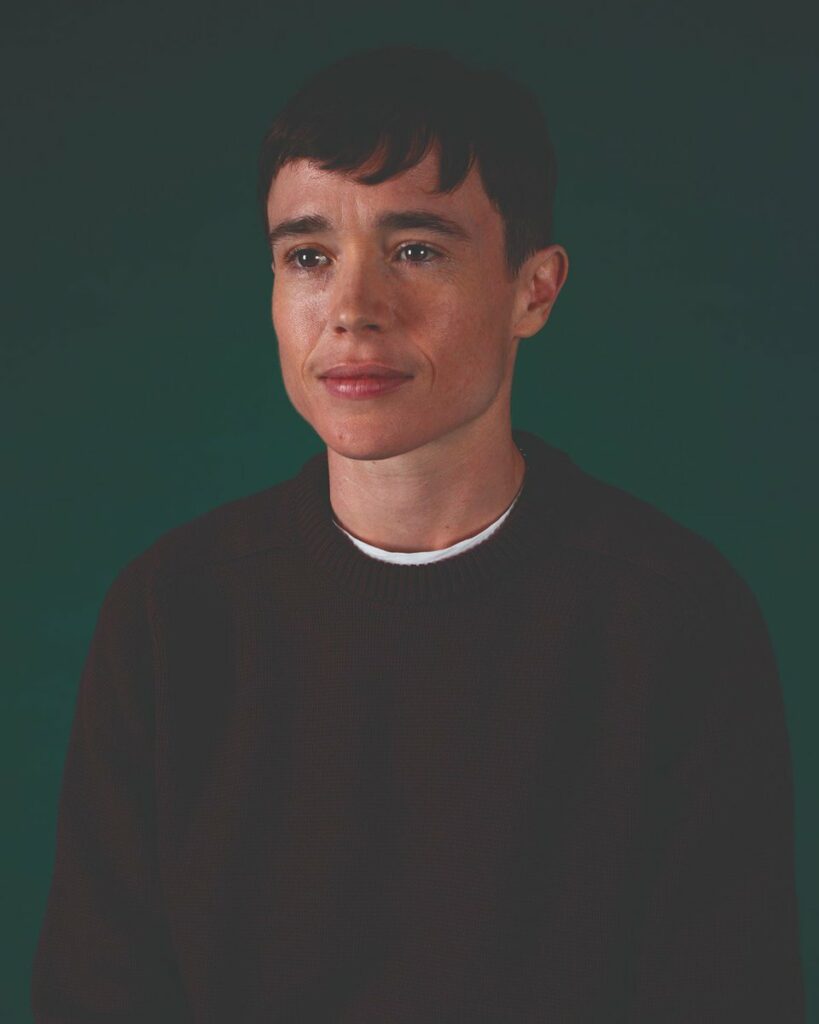
Speaking to Attitude ahead of BFI Flare, Elliot Page, as well as director Dominic Savage, discussed making the film, improvising scenes, and LGBTQ+ representation.
Elliot, you’ve said making the film was “liberating” in the past. Could you share a bit more about that?
EP: It was liberating for a few reasons. As an actor to have an experience of working in the way that Dominic creates was unparalleled and thrilling every day. I hope to do it again. It was also incredibly liberating because I knew that pre-transition being able to work in this way wouldn’t have been possible in terms of the degree of needing to be present, to be able to connect and improvise and flow. To sense such a dramatic shift in myself that I could embrace and dive into [the film] and fully disappear and escape [it] meant the world to me. To feel the way that I got to feel every day going to set, all of those little things that aren’t little, and then ultimately watching it, it is surreal to be able to watch yourself on screen and [be like] ‘It’s not so bad.’
Dominic, what was it like for you?
DS: When we first met it was very immediate that we connected quite deeply, almost straight away. That trust is really important when you’re making work like this. There was a great connectivity and mutual understanding, a sense of innate trust. That doesn’t happen routinely. It’s something that either is meant to happen or not. And we both committed to making something together. I was excited.
At the same time, when you’re making work like this, everything that we’re exploring is sometimes difficult because real feelings are going on. The acting isn’t performing as such, it’s being really present and living the experiences of those scenes. For me, it’s the only way I want to make work because it’s really satisfying when you get something that you really engage with. I find that a really beautiful thing. It was a very profound experience and completely unforgettable. I’m very proud of it.
Something that resonated with me, as a queer person, was how it can feel to go home. Is that something you’ve heard from people who’ve seen the film?
EP: I’ve had friends who have deeply resonated with certain parts, lines, emotions, and moments that come from similar experiences for sure.
DS: Absolutely. There’s something about going back to your hometown that is always difficult, even if it’s a great situation. It’s still a moment, isn’t it? This shows in a very real way just how difficult it can be.
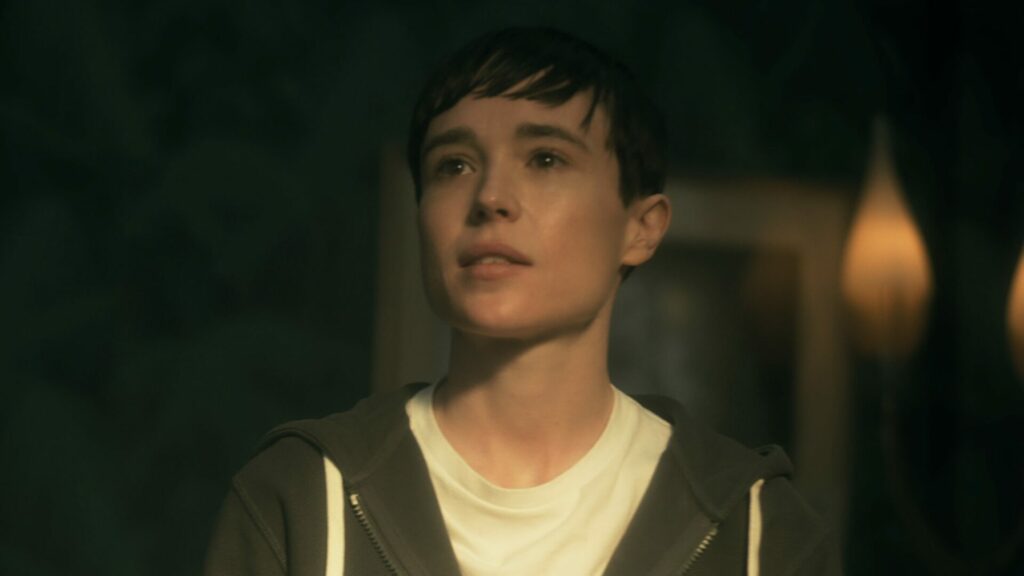
The level of improvisation is impressive and adds a layer of authenticity. Elliot, it feels quite personal to you, how much of your personal experiences informed the film?
EP: It’s inherently personal because making something in that way you’re drawing from experiences, from emotions. Arguably it’s like that with every film but working in this way, particularly. So inherently it feels personal whatever dynamics might not look like something in my life, but there’s something about it that I’m resonating with.
In terms of the improvisation, whatever your personal experiences, did that make it easier or harder?
EP: Easier. Absolutely. Leaning into how I resonated with Sam and his story and relating to friendships and loves that I had in the past.
I thought the handheld camera made it feel, as an audience member, like I was a bystander. Dominic, what was behind that decision?
DS: In some ways it’s a practical choice. I like it when it doesn’t feel like you’re making a film [and] the process of filmmaking, the machinery, doesn’t get in the way. It’s all so the actors can feel as embedded in the scenes as much as possible without feeling like it’s a film. I think at times that they forget the cameras are there. The camera is a part of them in some ways because it’s intimately shot that they allow that camera in almost like a character. So, when the actors move, you’re moving with them. The flow of the scene and the energy, the camera is also picking that up and contributing to as well. In the end, it’s quite a spiritual experience.
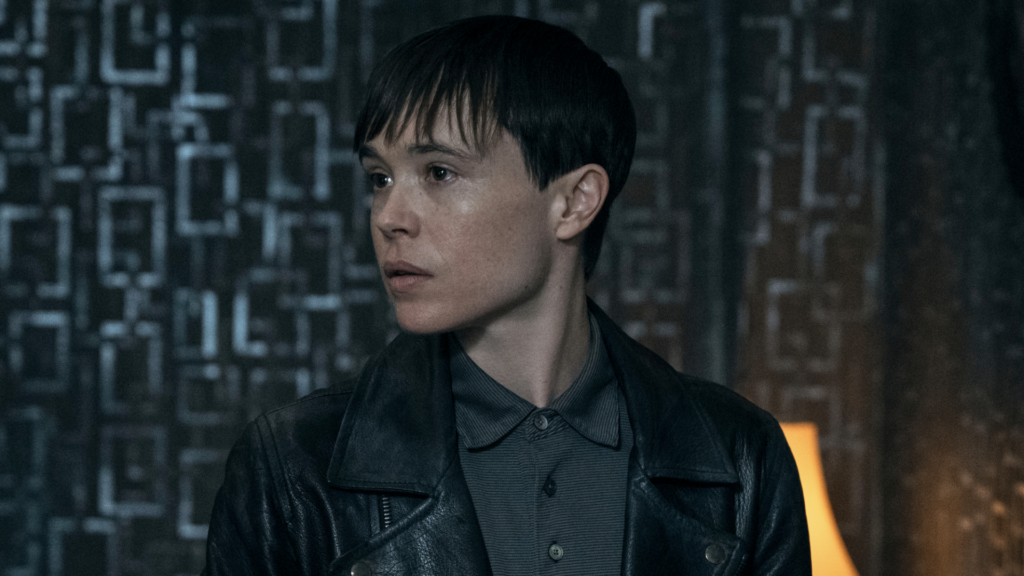
The family was interesting in that they were very supportive with the exception of one in-law. Did you purposefully want to avoid a more predictable family clash?
EP: Yeah, we were trying to find this perspective that you still do have the moment with the brother-in-law but something a little more nuanced in terms of the experience of going home, still feeling othered, the awkwardness, all of those things that trans and queer people, I think, are familiar with. Wanting to figure out how to have space for all of that and how it can have these other dimensions.
There’s a real heart to the family scenes too. Did you feel like that was something we don’t see often enough?
DS: I remember when I found the actors, there was something interesting about their real feelings about family. They brought something real about themselves without a doubt. It’s important to allow the reality of people’s own existence to come into the piece. It’s inviting different perspectives in. I think that’s what brings that element to the film. They’re really feeling that.
EP: We have so little [examples of supportive families] It’s something that definitely runs through your mind. It wasn’t necessarily something that we outwardly discussed.
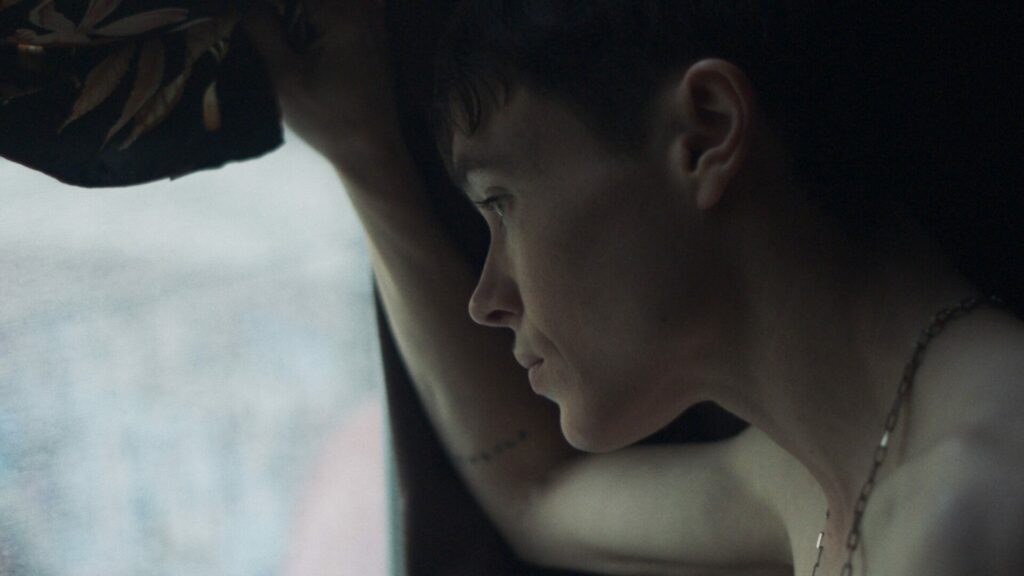
In terms of LGBTQ+ cinema broadly, do you feel like enough progress has been made so far?
DS: You can never really have enough really. It’s really interesting because the next couple of projects I’m hopefully going to make are in their own way both queer stories as well. There’s room to be really sensitive in the way that you’re doing them and really sensitive to the humanity in these stories. That’s where I get excited. And it has to be that way to work with certain subject matter.
EP: No, of course not. But hopefully it will continue to grow and expand.
Do you feel conversations around representation in casting are improving things?
EP: I think it’s good to be having those conversations. Some people don’t understand so it’s good to have the conversations because we can offer the context as to why and the history of cinema and where we’re at now in society. Ultimately, it’s all a mess. We need a lot of progress. I don’t have some perfect answer. But I hope we can continue the conversations and to have authentic, meaningful representation and more queer and trans people behind telling those stories.
DS: I completely agree. I’m so pleased that this film exists because it takes a lot to do. It takes a lot of belief and the right feeling. In some ways to have been able to make it is the joy. It can hopefully change those that need changing. It’s a special thing to have done, for me. Incredible.
BFI Flare runs from 13-24 March 2024. Full details are available here.
